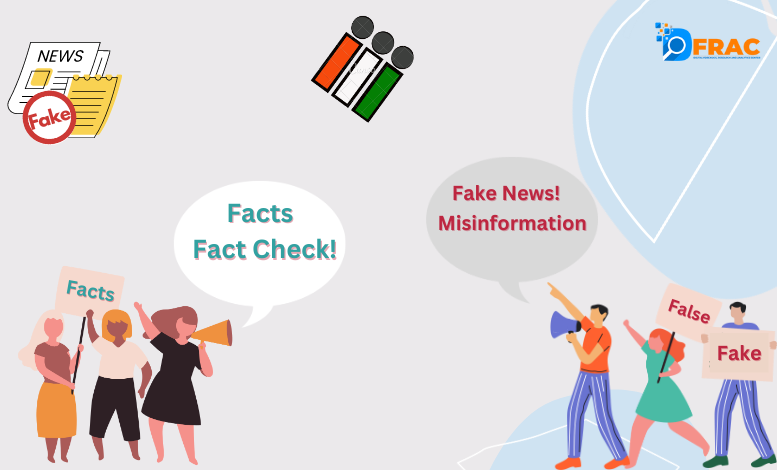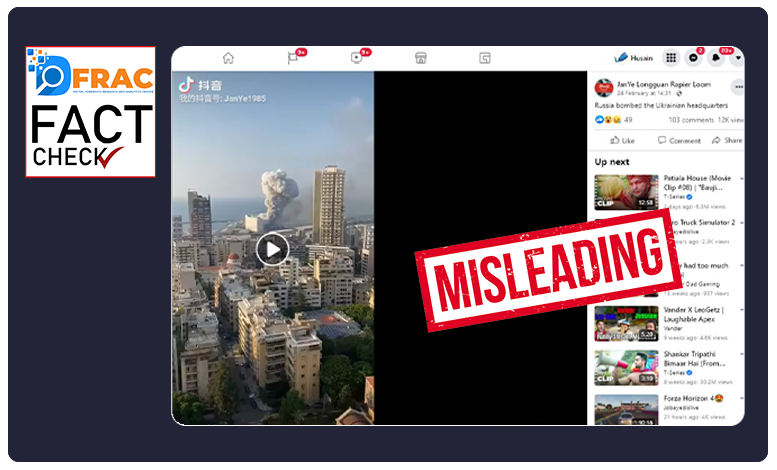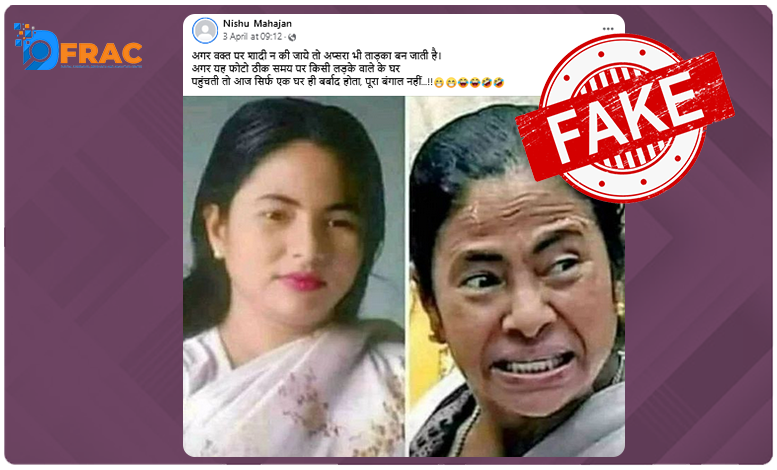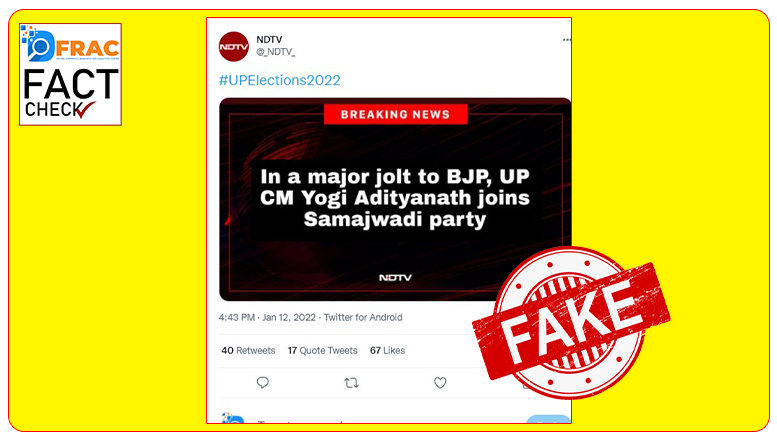What is an ECI (Election Commission of India)?
Established by the Constitution of India on 25 January 1950, the ECI is permanent and independent to ensure free and fair elections in the country. The commission is responsible for holding the Lok Sabha elections in India.
Roles and Responsibilities:
- To supervise, direct, control, and conduct all elections to Parliament and State assemblies as also to the office of the President and Vice-President of India.
- To set down general rules (code of conduct) for elections.
- To determine constituencies and to prepare electoral rolls.
- To give credit to political parties.
- To allot election symbols to different political parties and individual contestants.
- To appoint tribunals for the decision of doubts and disputes arising out of or in connection with the election to parliament and State Legislatures.
Model Code of Conduct:
One of ECI’s salient features is to issue the Model Code of Conduct in every election for political parties and candidates so that the decorum of democracy is maintained.
The MCC lays down how certain sets of Do’s and Don’ts for different political parties, contesting candidates, and party(s) in power should conduct themselves during the process of elections i.e. on their general conduct during electioneering, holding meetings and processions, poll day activities and functioning of the party in power etc.
Do’s:
- Criticism of other political parties and candidates should relate to their policies, programme, past record and work
- Public places like maidens must be available impartially to all parties/contesting candidates for holding election meetings.
- Permission must be obtained for the use of loudspeakers or any other such facilities for the proposed meetings.
Don’ts:
- Temples, mosques, churches, gurudwaras or any place of worship shall not be used as places for election propaganda, including speeches, posters, music etc., on electioneering.
- Other parties or their workers shall not be criticized based on unverified allegations or on distortions.
- Posters issued by other parties and candidates shall not be removed or defaced.
Manifestoes:
Political parties during an election usually use a variety of devices to prove they are more trustworthy and credible than others. Apart from devising acronyms, participating in TV debates, and organising massive rallies, there is a monumental drive towards using election manifestoes for this purpose.
These manifestoes are many times promised but are not delivered and thus they fall in the category of fake and misleading claims made by political parties which in turn weakens the root of democracy
There is a government organization for the same by the name of “Election Promises Cracker” which busts the reality of the manifestoes made and delivered by different political parties. The page shows the manifestoes made in the year 2015- present. Different colors are used to showcase the status of the promises.

According to the page promises like housing for all by 2022, Digitization of government records etc. have shown inadequate progress till this year.
Again, the BJP government, on February 6, Union Home Minister and Minister of Cooperation, Amit Shah, spoke at the Vijay Sankalp Rally in Khowai, Tripura. During his address, Shah made a series of claims regarding the decline in violent crimes and the performance of the Union government schemes in the north-eastern state. An analysis of official data by a media report shows that two of these claims were correct, two were partially correct and one needed additional context.
Similarly, AAP (Aam Admi Party) government which came to power in the year 2015 made many promises to build 900 new healthcare centers, make Wi-Fi easily available in all public places, etc. is yet to be fulfilled.

Escape Route for Politicians:
The EC does not have the power to disqualify candidates who commit electoral malpractices. At best, it may direct the registration of a case. That is why, in the 2019 general election, ECI admitted to the Supreme Court that it was “toothless”, and did not have enough powers to deal with inflammatory or divisive speeches in the election campaign.
- No legal backing
- The code does not say what the ECI can do; it contains only guidelines for candidates, political parties, and governments.
But, nevertheless, the ECI still manages to hold the root of democracy and held guilty those who break the Model Code of Conduct in the elections.
One such example is DMK Leader A Raja as The Election Commission found Raja to be guilty of violating the model code of conduct by making derogatory remarks against Tamil Nadu Chief Minister K Palaniswami. Other than this the EC whipped CM Yogi Adityanath from the election campaign for 72 hours and BSP chief Mayawati for 48 hours after the objectionable speeches made by the two leaders in the year 2019.






